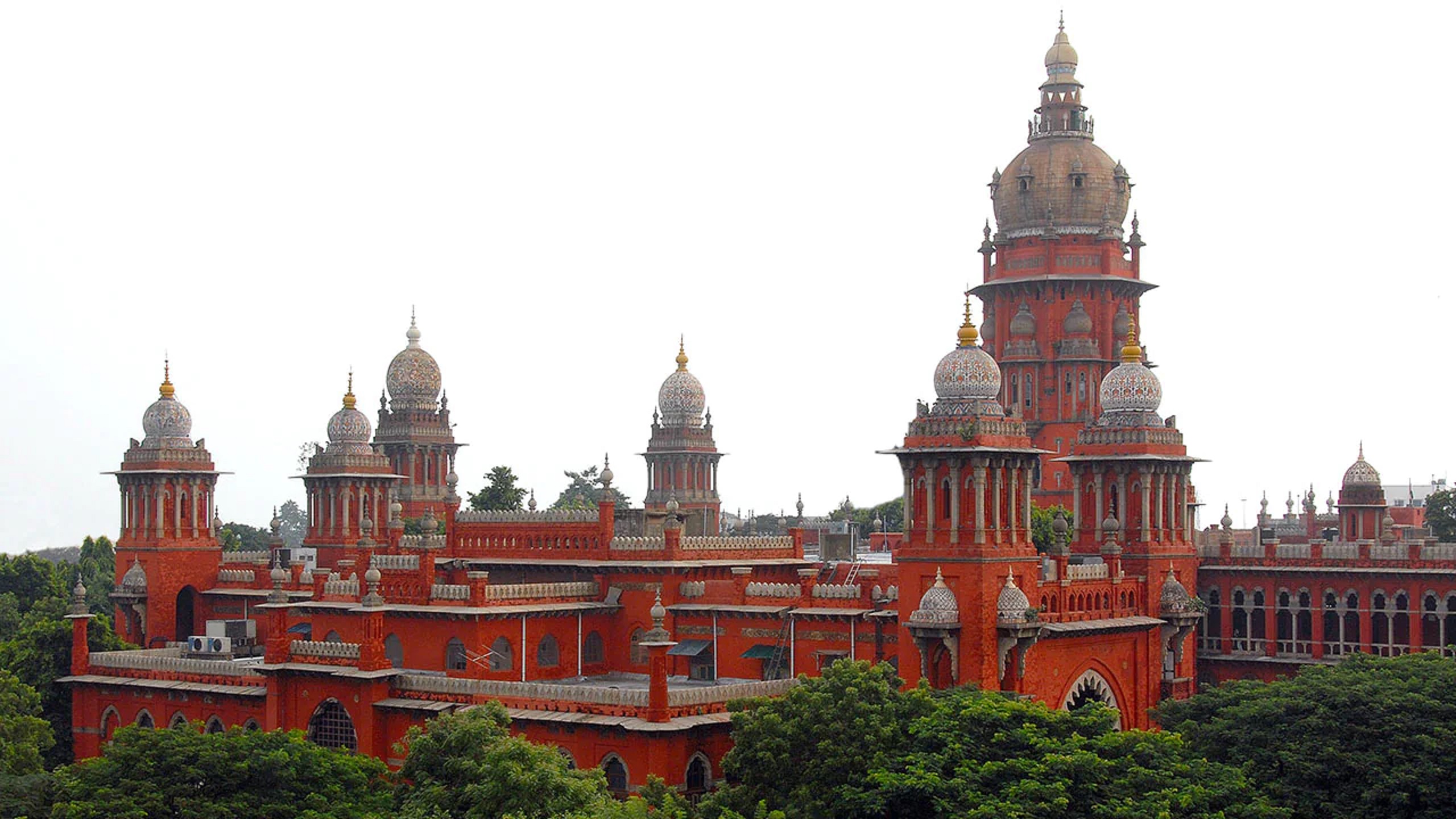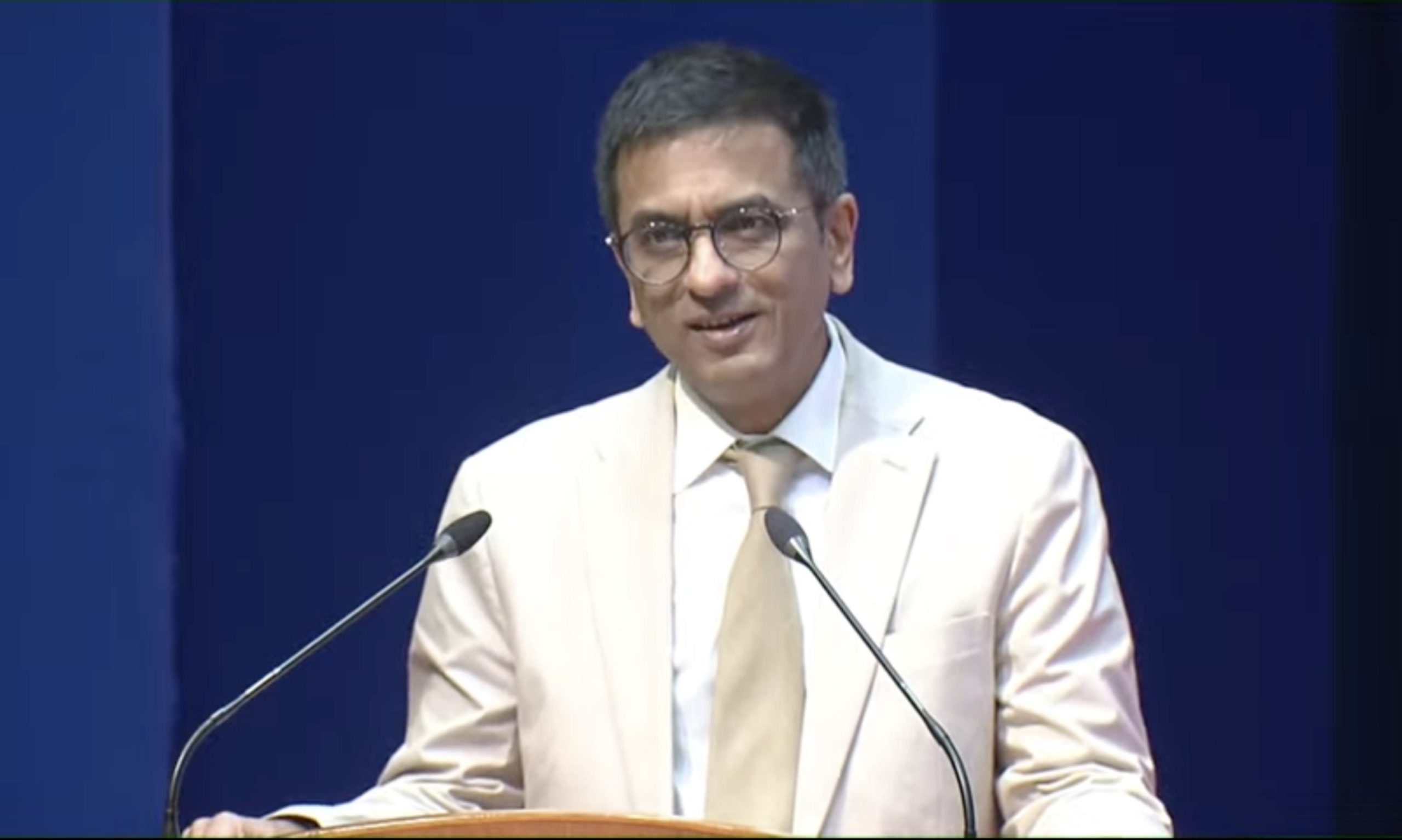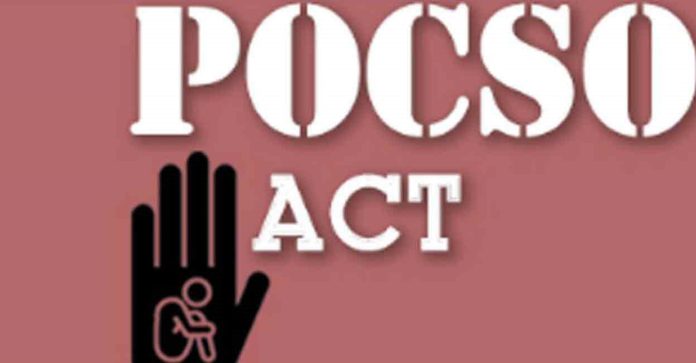- As you are aware, the Protection of Children from Sexual Offenses (POCSO) Act 2012 is regarded as a historic law that gives vulnerable children both state-sanctioned legal protection and protection from sexual predators. The law aims to secure children’s interests throughout the entire legal process while also defending them from crimes of sexual assault, sexual harassment, and pornography. Every responsible citizen of the nation enthusiastically embraced it when it was originally revealed and then passed into law, hailing it as one of the most significant pieces of legislation in recent memory. The question of whether the Act has lived up to its promise is moot at this point.

PC: Shruthi Ramakrishnan
- The POCSO Act hasn’t truly helped the intended population, as is the case with many other comparable laws created on sexual harassment, due to issues of sensitivities surrounding consenting adolescent sex that have come to the fore. Naturally, numerous stakeholders have voiced their opinions ever since the Act took effect. The issue always made it to the sacred doors of the higher judiciary as well. According to recent reports, the Madras High Court stated in its examination of the application of the POCSO and Juvenile Justice Acts that cases of consensual teenage sex must be distinguished from actual abuse cases and invalidated if the latter is deemed to be against the interests of the adolescents.
- Also, HC requested details on any cases since January that mention either the illegal two-finger test or the dishonorable potency test. Both HC directives are great examples of superior and urgently required judicial reasoning. Since having intercourse with someone under the age of 18 is now considered statutory rape, the 2013 increase in the age of consent from 16 to 18 led to an uptick in instances. Also, the effects on family relations of criminalizing consensual underage sex are often disregarded. According to NCRB data, the top cause of suicide among those under 18 is frequently a combination of family issues and romantic relationships. Recall how CJI Chandrachud encouraged Parliament to reconsider the age of consent issue during a POCSO meeting in December, citing the subject’s rising popularity.

PC: LIVELAW NEWS NETWORK
- He asked the legislature to take the issue under consideration, and the CJI correctly focused the discussion on adolescent healthcare since minors shouldn’t be subjected to an excessive amount of law. The humiliation of both the accused and the victim throughout the investigation causes the most suffering of all. The two-finger test was forbidden by the SC in 2022 because it was correctly stated that the practice not only re-victimizes but also re-traumatizes females. Embarrassingly, it still goes on. It was a wise move for Madras HC to request an SOP for the potency test. It has been claimed time and time again that the Criminal Law Amendment Act (2013)’s broadened definition of rape rendered this test all but meaningless. Modern protocols are also accessible. In conclusion, all HCs must take action to stop these inhumane investigative techniques.






